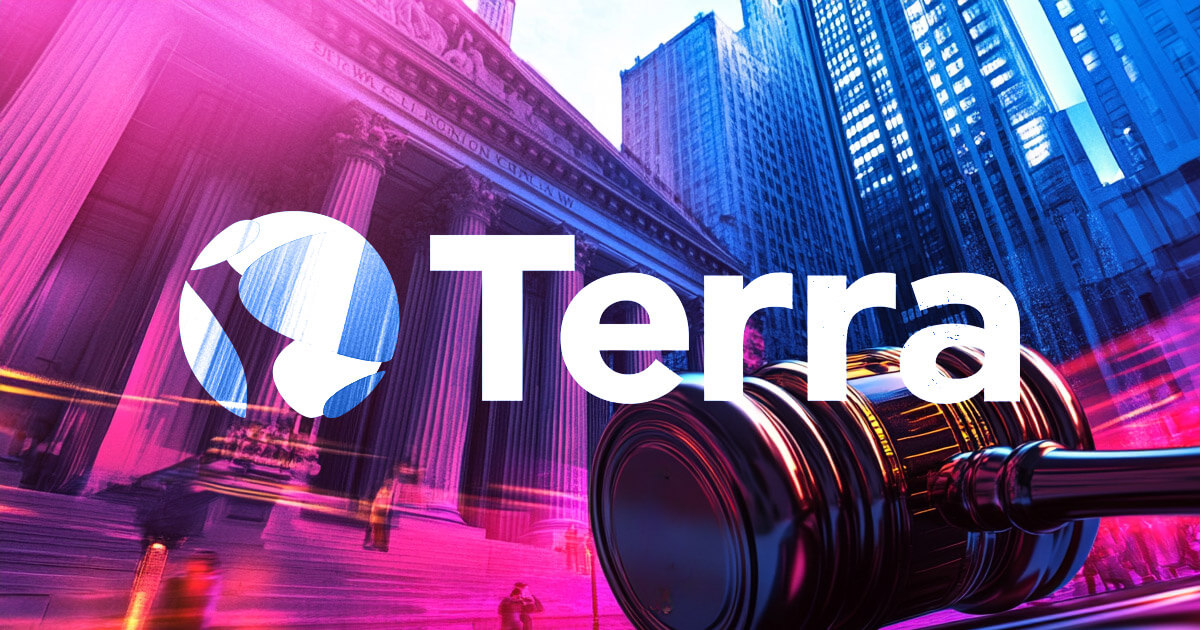Cryptocurrencies are digital assets that depend on public interest and perception. As such, their value is always affected by the way people believe their future development is going or the way that the economy is going, in general. It is, therefore, not that surprising to hear that the outcome of the elections, especially elections that are so polarizing and where candidates have such opposite stances on the future of crypto, may affect the value of the asset in question. With that in mind, here’s a brief breakdown of the ways the 2024 election year could affect the value of cryptocurrencies.
1. Memes and popular culture
First of all, no one inspires more memes than Trump, and with Elon Musk in his corner (vocally supporting the candidate), this lays the ground for an explosion of meme coins. So, if you’re looking for the best meme coins to invest in, now might be the time to start doing your research.
The thing is that, at the moment, in the months and weeks coming up to the elections, the interest in these memes is growing, regardless of what the polls suggest.
Also, the thing about memes is that they’re inspired by major events, and these elections were tumultuous and beyond any expectations. From one of the major candidates dropping out to them underperforming during the debate all the way to an assassination attempt, this election is a handful. Now, joking about some of these events is in really bad taste, but this has never stopped the memesters.
Sure, there are no meme coins regarding these specific events, but this chain reaction drags the entire industry forward. Just think about how the explosion of Bitcoin in 2017 made everyone pay attention to other coins. Before that, a few people could even tell you what the Bitcoin was. After that, everyone knew about Ethereum, Neo, and even Dogecoin.
According to specialist tech writer Kane Pepi, the most popular crypto coins will get the biggest increase in interest (and the biggest growth).
2. Stances of candidates
The next issue that will have a massive impact on this is the stance of individual candidates. For instance, it’s not a secret that Kamala Harris has made some negative statements about cryptocurrencies, while Trump has shown his full support.
Still, it’s worth mentioning that this was all before she was a candidate. Cryptocurrencies are currently a big legislative question, which means that, as a presidential candidate, her opinions have to be more nuanced.
There are talks about her advisers reaching out to the crypto industry with a “pro-business” message, while her husband is labeled by some as a “crypto guy.” Trump, on the other hand, was always pro-crypto, and he’s currently doubling down on his unflinching support for the field.
At the same time, as we’ve already mentioned, it’s not just about the plans and the actual policy but the public perception. At the moment, Harris is still seen as an anti-crypto candidate, and unless this public perception is here, the better she does in polls, the more volatile things will look at the exchanges.
Now, the past few messages from her corner seemed promising, and this did have a stabilizing effect on the market, but we still have to wait and see the long-lasting effects.
3. Future regulation
Another big question is whether crypto regulation will become a partisan issue in the near future. At the moment, things are fairly complex as it is.
First of all, Congressional Republicans are more skeptical about cryptocurrency regulation than their Democrat counterparts. In general, the Republican party is generally skeptical of government interference and insists on more independence in financial transactions and dealings. This type of mindset can be reflected in everything from crypto regulation to the way individual states treat online casinos.
Democrats, on the other hand, are pushing more strongly for stronger regulation, citing the FTX fiasco as the strongest reason.
It’s also worth mentioning one thing – crypto developers are lobbying hard and are donating to both parties. Therefore, no side is willing just to take a strong anti-crypto stance.
The most important thing to keep in mind is that there’s no clear-cut polarization among voters along party lines.
4. Crypto is not a big voting issue
While this issue is important to voters, it is not something that they’ll vote on. There are almost no single-issue voters who are motivated by crypto regulation; it’s always something else that determines their vote.
The most important issues are inflation and prices, closely followed by healthcare and immigration. Jobs and the economy, climate and environment, national security, and abortion follow closely.
This has several effects. First of all, when it comes to crypto regulation, for the most part, it’s radio silent. It’s something that politicians may mention as a side note, but it’s not going to be one of their talking points. Even if the voter disagrees with them on the issue of crypto regulation, they’re still going to vote for them if they align on other factors.
This also means that there’s no pressure on politicians to go one way or another. Sure, a great donation from a developer may sway the politician one way, but it’s not like they’ll feel the pressure to support regulation in fear of losing voters. Even in a scenario where they’re influenced, it’s usually one-sided in favor of crypto.
5. Bitcoin price is higher than during previous elections
One of the most important things to mention is that the price of Bitcoin is significantly higher than during previous elections. Sure, one might attribute this to the Bitcoin maturity, but you also need to keep in mind that there are other factors at play.
First of all, there are more crypto owners than ever. Voters expect that their portfolio includes crypto assets, while a lot of voters who never showed any interest in it now show a willingness to learn more about cryptocurrencies.
Also, keep in mind that while there are other cryptocurrencies out there, voters focus mostly on Bitcoin. This is because it has a higher name value, and it’s far easier to get people invested in something that they already know.
Lastly, keep in mind that cryptocurrency is an international issue, which means that the US policy may have a huge effect on it.
This year’s election will affect crypto in so many different ways
So, despite the fact that Harris didn’t utter a direct statement as a presidential candidate, the public perception still sees her as anti-crypto, while Trump is very vocal in its support. Second, this is not a major voting issue, and crypto-stances are not determined along partisan lines. What happens with cryptocurrencies so far remains to be seen.
Credit: Source link















































